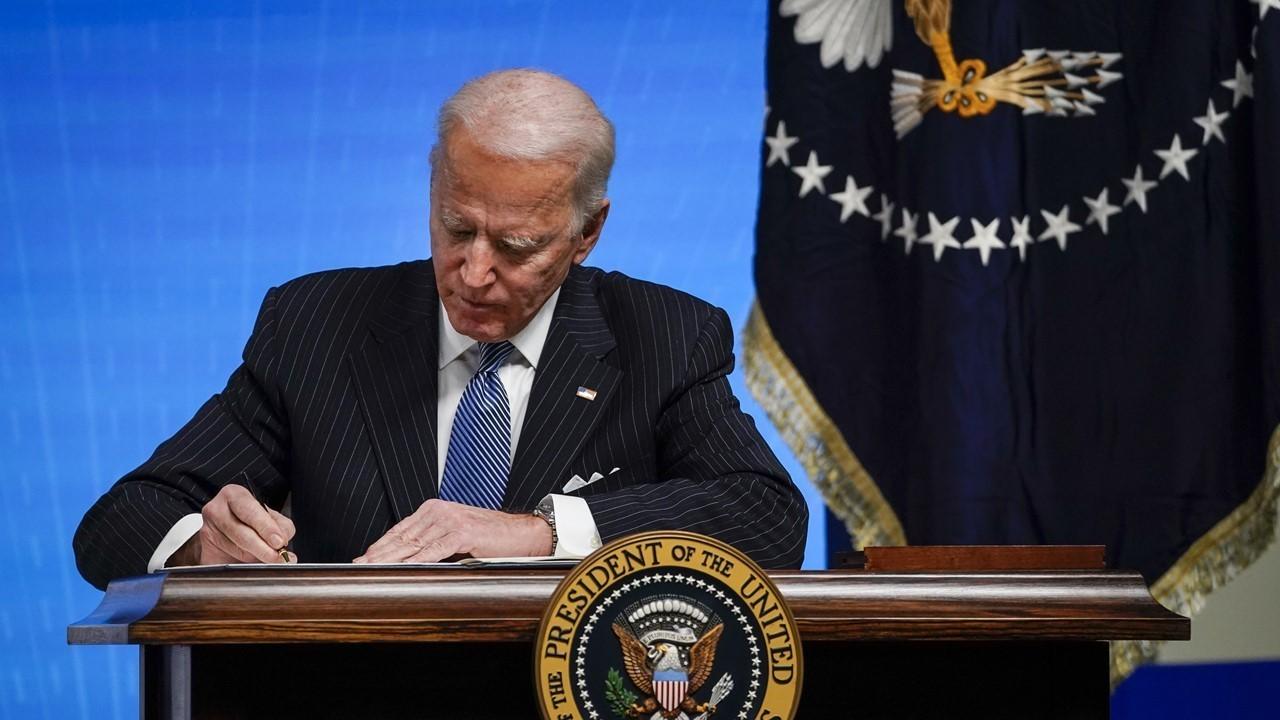School Lunches Are Another Casualty in the Supply Chain Crisis
School lunches programs are experiencing severe delays and many food and food service products aren't available.
Oct. 19 2021, Published 12:56 p.m. ET

The supply chain issues plaguing the globe are trickling down into multiple industries and causing problems even in U.S. schools. Anytime transportation is disrupted, whether by shipping of containers from overseas or by a shortage of domestic truck drivers, products that we typically can find easily in stores suddenly aren't available.
School nutrition administrators are feeling the impact of the global supply chain crisis. They aren't able to count on reliable delivery of food products as well as non-food items like disposable utensils and meal trays. “We’re having lots of outages and shortages,” said Stephanie Dillard, a school nutrition director in Alabama, according to NBC News.
What’s causing school lunch shortages?
The primary cause is large and multifaceted—the supply chain disruptions that have shaken processes of manufacturing, shipping, and transport of food and other necessary everyday items.

One issue causing the backups is COVID-19 protocols that often shut down entire shipping ports or manufacturing facilities for even a handful of positive cases.
Worker shortages are also part of the problem. In industries like trucking and food manufacturing, many drivers have quit and others are reluctant to sign on due to poor working conditions, low pay, and other negative aspects.
In a recent survey conducted by the School Nutrition Association, 97 percent of school meal program directors reported that they had concerns about supply chain disruptions, according to The New York Times.
How are schools handling school lunch shortages?
Child nutrition directors and administrators are the main people involved in providing school lunches. Many of them have had distributors cancel services to the districts due to the same labor shortage issues throughout the food and shipping industries.
Jenna Knuth, a nutrition administrator in North Kansas City schools in Missouri, said that she and her staff buy food at grocery warehouse chains like Sam’s Club to get them through as distributors have pulled back, according to The New York Times.
Minnesota school food service director Brenton Lexvold told NBC News that he worries that families won’t trust the school to provide meals if they continue to be inconsistent and don't have menu items.
Shonia Hall, a nutrition administrator for Oklahoma City Public Schools, said that she recently bought 60,000 each of different plastic utensils, just to get through a few days during a distributor lapse.
What is the government doing about supply chain issues?
The Department of Agriculture has granted a bit of leeway to assist schools, relaxing enforcement of nutritional guidelines since supply chain issues are the cause of many changes to school menus.
The USDA is also increasing the reimbursement amounts to schools to help make up for the increased costs for them to shop at retailers rather than through distributors. Meal service waivers for all school children are being provided through June 2022.

Earlier in October, President Biden announced that two major U.S. ports, the Port of Los Angeles and Port of Long Beach, are moving to 24/7 operations in order to increase productivity in delivery of goods.
